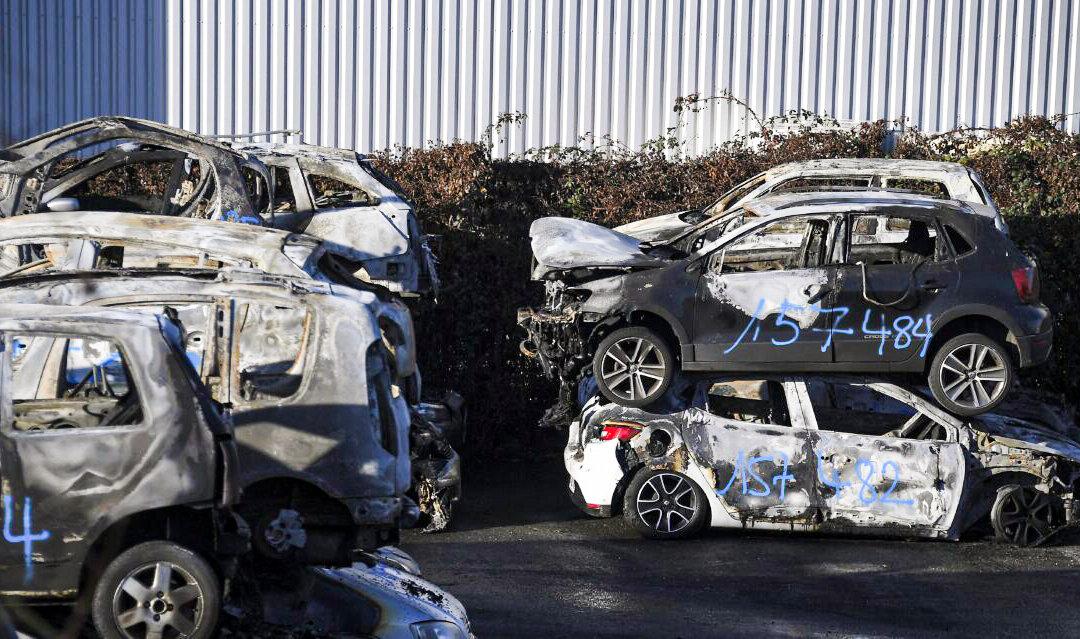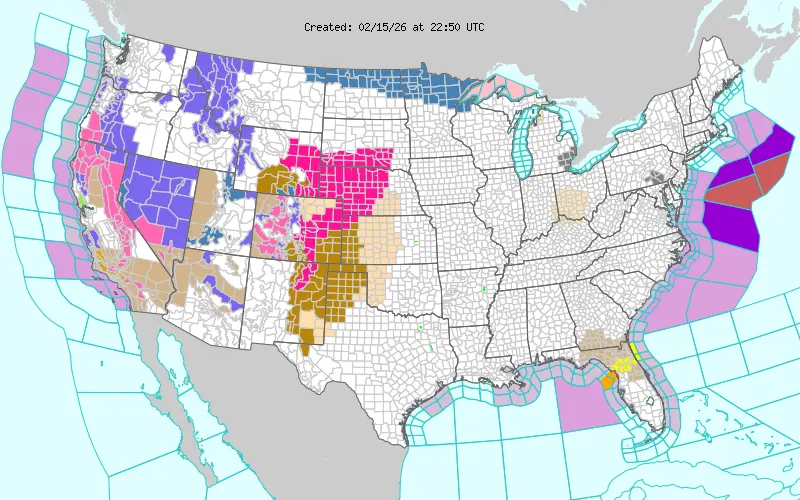PARIS—Hundreds of empty, parked cars go up in flames in France each New Year’s Eve, set afire by young revelers, a much lamented tradition that appeared in decline this year, which saw only 874 vehicles burned.
The number of cars burned overnight has declined compared to New Year’s Eve 2019 when 1,316 vehicles went up in flames, Interior Minister Gerald Darmanin said Saturday on Twitter.





